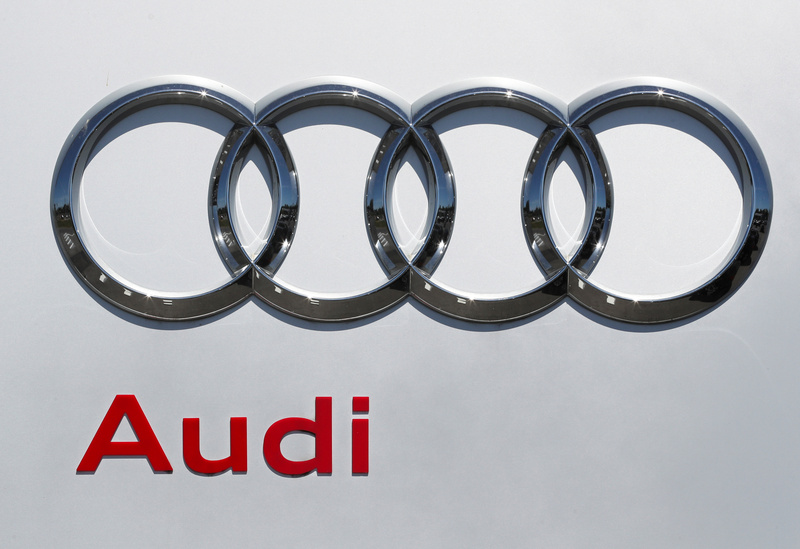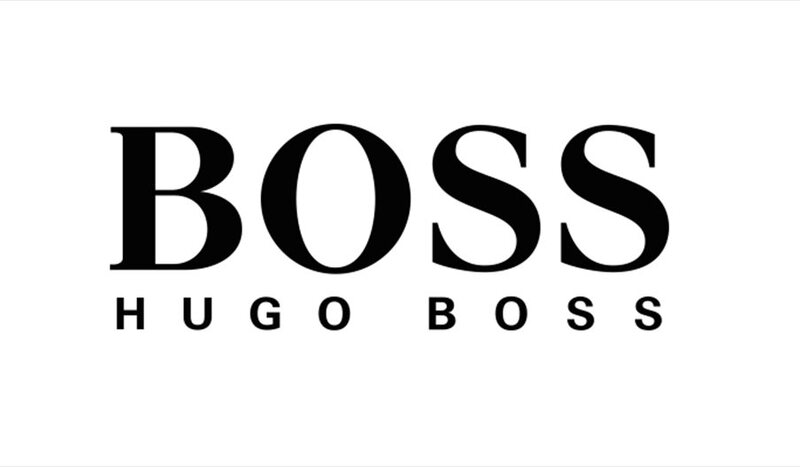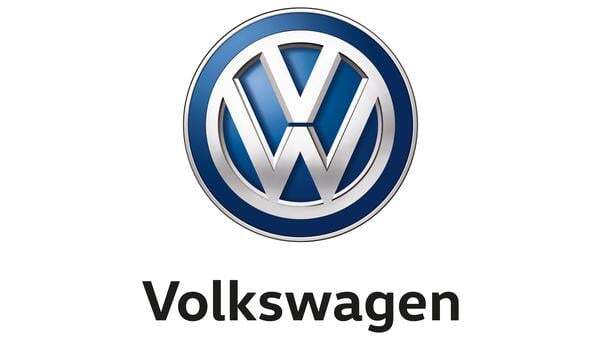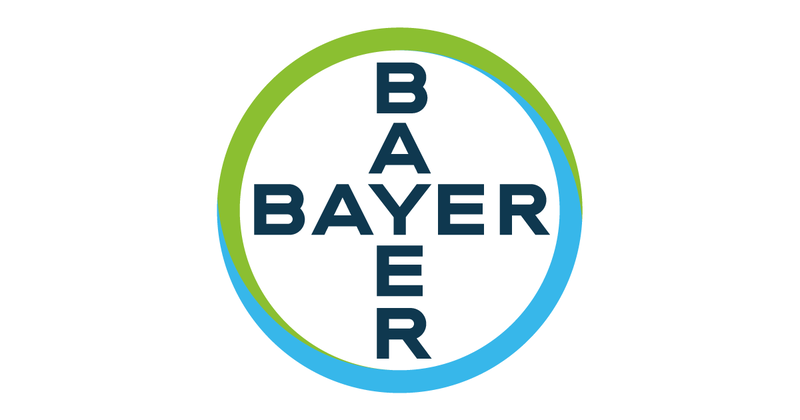Well-known companies with a dark past.






Well-known companies with a dark past: luxury brands that collaborated with Nazism
Behind the shine and fame of some of the world’s most iconic brands lies a turbulent and often uncomfortable past. Many of these companies, now synonymous with luxury and global success, have deep ties to the Nazi regime, whether through direct collaboration, use of forced labor, or economic benefit during World War II.
Nazism, led by Adolf Hitler in Germany from 1933 to 1945, was a totalitarian ideology that promoted Aryan racial supremacy, anti-Semitism, and extreme nationalism. During this dark period, World War II broke out and the Holocaust was perpetrated, where over six million Jews and millions of other people were murdered.
1. BMW (Bayerische Motoren Werke)
BMW used forced labor, including prisoners from concentration camps, to manufacture airplane engines and other military equipment for the Nazi regime. In 1999, the company publicly acknowledged this chapter and joined a compensation fund for the victims.
2. Hugo Boss
Designer Hugo Ferdinand Boss was a member of the Nazi Party since 1931. His company produced the iconic black uniforms of the SS, SA, and Hitler Youth, and employed forced laborers including women and prisoners of war. In 2011, Hugo Boss AG issued an official apology for its involvement with the regime.
3. Volkswagen
Founded in 1937 by Hitler’s direct initiative as the “people’s car,” Volkswagen used tens of thousands of forced laborers, prisoners of war, and deported people from Eastern Europe. In the 1990s, the company contributed to a compensation fund for victims of Nazism.
4. IG Farben (now split into Bayer, BASF, Hoechst, among others)
IG Farben was more than just a collaborator; it manufactured Zyklon B gas, used in extermination camps, and had factories in Auschwitz where prisoners were exploited to death. After the war, it was dismantled, but many of its branches survive under other names.
5. Audi (formerly Auto Union)
During the war, Auto Union, today’s Audi, used forced labor and produced military vehicles for the Third Reich. A study commissioned by the company in 2014 revealed that more than 20,000 people were exploited in its factories.
What now?
Many of these companies have acknowledged their dark past and publicly apologized. Some have contributed to compensation funds for the victims. However, the discussion about historical memory, corporate responsibility, and ethics in consumption remains open and relevant.
15